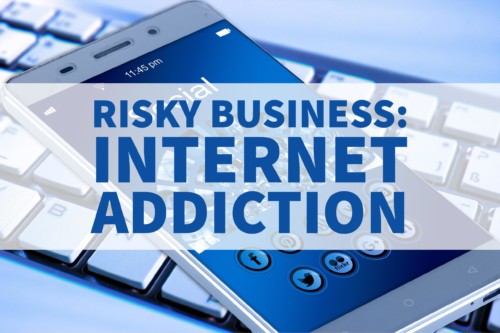The Internet is a pervasive part of life in the United States. It’s easily accessible from just about anywhere, from schools to coffee shops. And in a lot of ways, it has become a necessity as Internet use becomes more and more incorporated into the daily, mundane things Americans do, such as shopping, filing taxes, and even renewing your driver’s license.
But this accessibility can cause problems – like Internet addiction.
People who are addicted to the Internet may be unable to fill personal, professional, and relationship obligations because they are online so often. Perhaps they stay up late playing online games and are late to work the next morning. Maybe they cancel plans with friends to keep an eye on an item they’ve submitted a bid for on Ebay. Or maybe they ignore their partner in favor of browsing the Internet.
Internet addiction is a serious issue. It is likely that individuals who are addicted to the Internet also have mental health conditions such as depression, anxiety, ADHD, or sleep disorders.
If you feel like you’re spending too much time on the Internet, here are some tips to help you cut down on Internet use:
- Take regular breaks, perhaps a 15 minute break for each 45 minutes spent on the Internet.
- Track your Internet use and see if you notice patterns. Do you get on the Internet from boredom? Do you often hop online when you feel lonely or depressed? Do you use the Internet as a way to procrastinate from more important activities or duties?
- Make a list of activities or to-do’s that don’t need the Internet. If you feel like getting on the Internet, try doing something on the list instead.
And check out National MHA’s fact sheet about Internet Addiction to learn more:


Leave A Comment